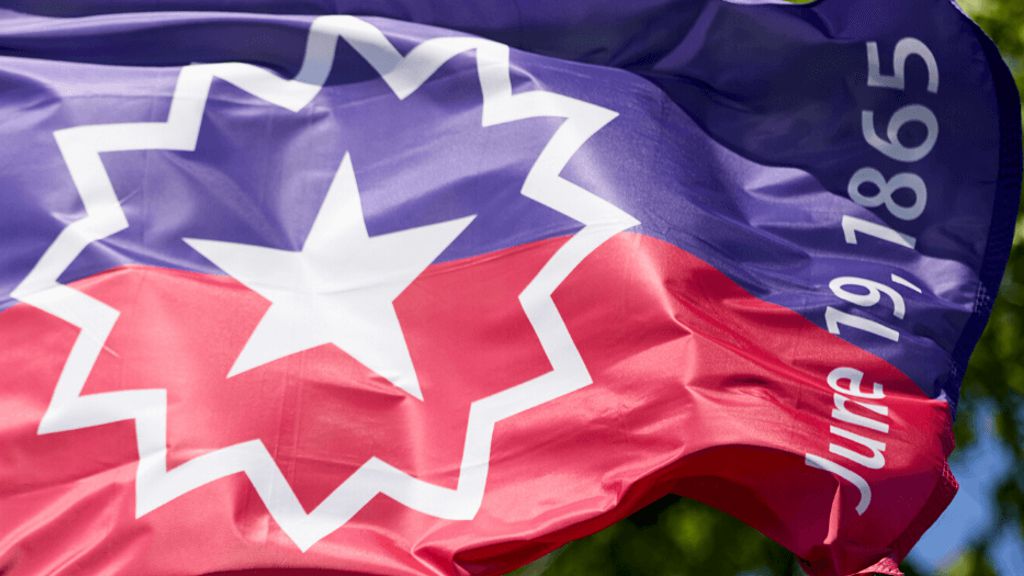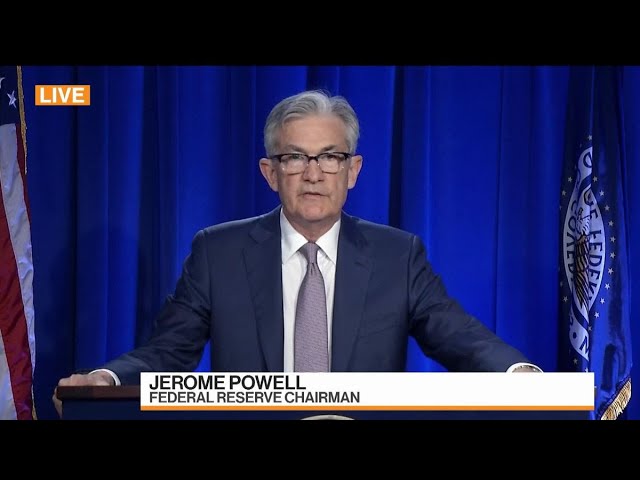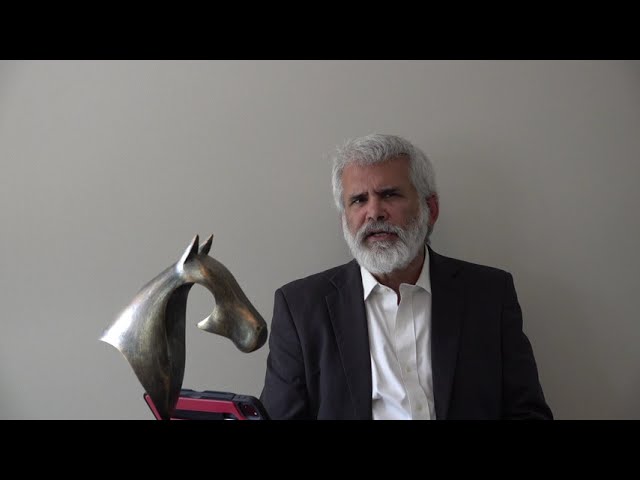Proponents of critical race theory are peddling the falsehood that America’s history is rife with inherent racism, all the way back to the first settlers’ arrival on our shores. This movement has gained so much steam that even a sitting U.S. senator, Sen. Tim Kaine (D-Va.), claimed that the “United States didn’t inherit slavery from anybody. We created it.”
This statement is not only erroneous, but it also shows how mainstream the lies about our nation’s history have become.
Just as revisionist history is wrong to lie about America’s past, its approach to the history behind Juneteenth is equally flawed when compared to historical fact. Far from being a stain on America’s past, Juneteenth was historically recognized as a significant victory in helping fulfill the promise of the Declaration of Independence.
Most Americans—including members of Congress who voted to establish this new national holiday—don’t know the full story behind Juneteenth, including why it has been long celebrated in the State of Texas.
On June 19, 1865, Union General Gordon Granger landed in Galveston, Texas, and announced the official enforcement of the Emancipation Proclamation, two and a half years after it was originally issued by President Abraham Lincoln.
At the time of Granger’s fulfillment of the Emancipation Proclamation, it was estimated that there were as many as 400,000 slaves in the state awaiting their long-deserved freedom, since many slaves had been sent to Texas from the other rebelling states as the Union armies successfully advanced. The announcement ended a terrible chapter in Texas history, and marked the beginning of a new era.
Texas, being the furthest Confederate territory away from the Union, did not enforce the Emancipation Proclamation until occupied by the Union Army. Battles in Texas even continued after Lee’s surrender at the Appomattox Courthouse. The last land battle was a minor Confederate victory at the Battle of Palmito Ranch. Finally, on May 26, the Confederate General in Texas surrendered on Galveston Island.
When Granger arrived in Galveston on June 19, he immediately issued an order declaring the complete and final emancipation of all the slaves. His order declared, “The people of Texas are informed that, in accordance with a proclamation from the Executive of the United States, all slaves are free. This involves an absolute equality of personal rights.”
As word of this declaration spread, spontaneous and jubilant celebrations broke out across Texas. This memorable day, commonly called Juneteenth, marked the final death of slavery in Texas. June 19 quickly became one of Texas’s most celebrated days as groups of emancipated slaves would gather to celebrate the victory of the Union and the securement of their natural human rights and liberties.
In the aftermath of the original Juneteenth celebrations, many of the freed African Americans joined together to help found the Republican Party of Texas and then overwhelmingly participated in calling for a new Texas Constitution that better protected their civil liberties.
Although not made a state holiday until 1980, Juneteenth has been celebrated continuously since 1866 and legally recognized as the day of emancipation in Texas since 1868. Indeed, even as early as 1876 motions were made by African American Republican legislators in Texas to adjourn for Juneteenth and join in celebrating the death of slavery. Despite fighting for the Confederacy, Texas had large Unionist and Republican strongholds, and by the turn of the century, many major Juneteenth celebrations became opportunities for Texans of all racial backgrounds to come together and rejoice in the fulfillment of emancipation.
However, we ought to realize that Juneteenth was not the end of slavery either in the United States or continental America. Indeed, slavery persisted in the states until the ratification of the Thirteenth Amendment on Dec. 6, 1865. Despite the celebrations and jubilations of African Americans that first Juneteenth holiday, the road ahead was still filled with difficulties and hardships in the fight for equal and full protection of every American’s God-given liberty.
But in a larger sense, June 19, 1865, was one of the major culminations of the long-persevering anti-slavery tradition in America.
Although often ignored by academics and the popular narratives today, America led the world in raising the standard of liberty and fighting against slavery. In fact, as early as 1790, Massachusetts had completely eradicated slavery. By 1804, every single Northern state had passed laws for either the immediate or gradual abolition of slavery. Many of the Founding Fathers expressed a sincere hope for slavery to be forever and utterly ended.
Juneteenth was the consummation in Texas of that hope founded upon the principles of freedom in the Declaration that, “all men are created equal,” and “endowed by their Creator with … life, liberty and the pursuit of happiness.”
As Frederick Douglass encouraged Americans, “The Declaration of Independence is the ringbolt to the chain of your nation’s destiny; so, indeed, I regard it. The principles contained in that instrument are saving principles. Stand by those principles, be true to them on all occasions, in all places, against all foes, and at whatever cost.”
We should not let critical race theory rewrite our nation’s history, and the history of Juneteenth, to fit a political agenda. Instead, we should all celebrate this momentous day in the long fight for freedom together, and remember that the inalienable rights of “life, liberty, and the pursuit of happiness” must be continually defended in every generation.
Timothy Barton is the president of WallBuilders, a national organization dedicated to highlighting the true facts about the founding of America, our Constitution, and our rich history.








